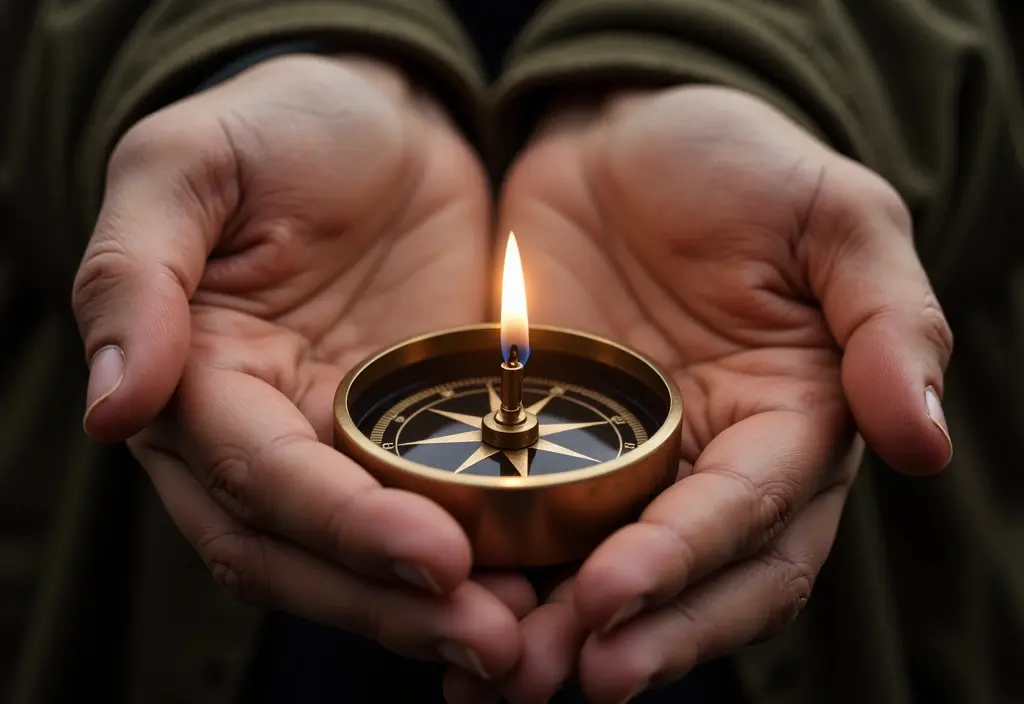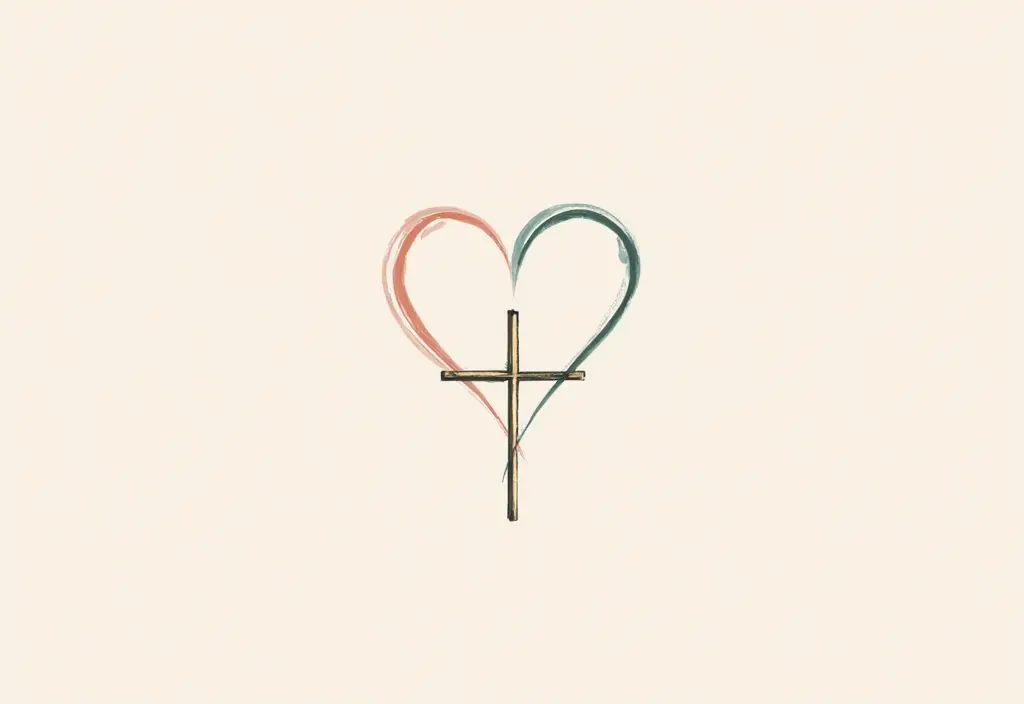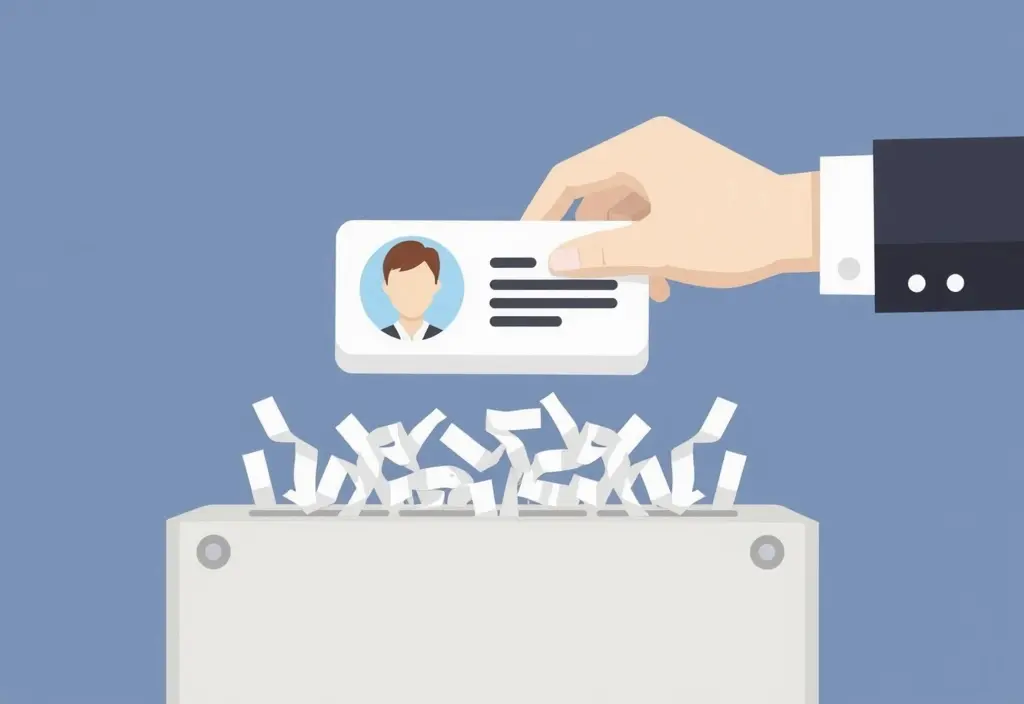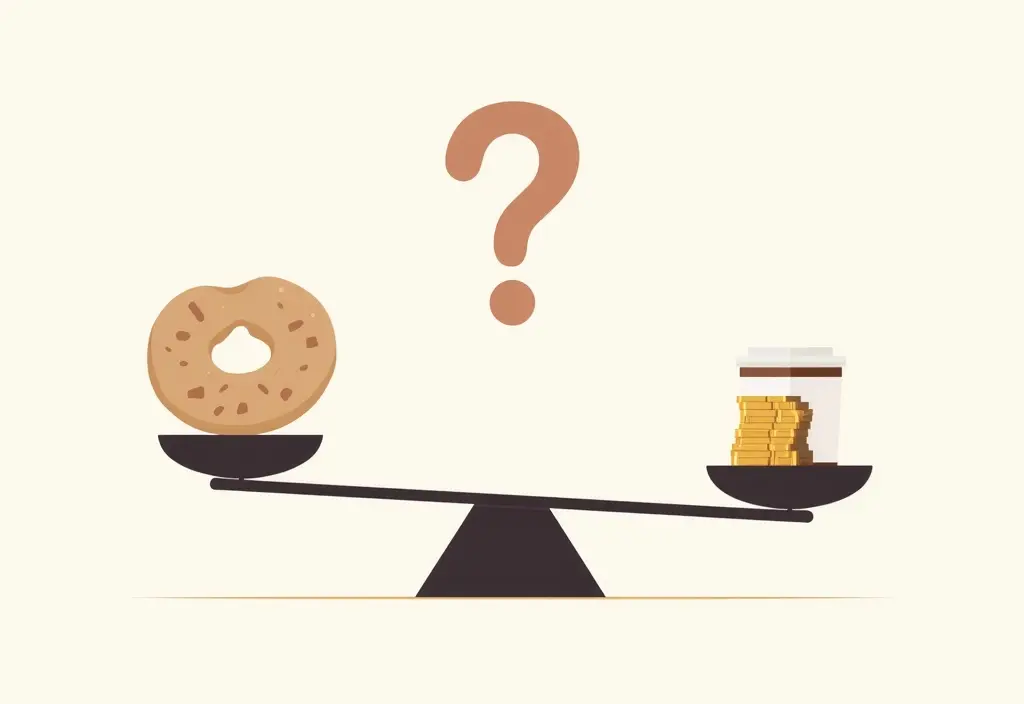The cursor blinked. That’s what I remember most. Just a little black line, pulsing against a big white screen. It felt like it was taunting me. I was in my late twenties, a single Christian woman watching what felt like every single one of my friends walk down the aisle. I knew what I wanted: a man who shared my faith. Someone to do life with, to pray with, to build something real with. Simple, right? But where was he? My church singles group was… small. My friends had run out of setups. So, I did what millions of us do. I turned to the internet.
And that’s when things got really confusing. I’d type “Christian dating” and get a tidal wave of sites all making the same promises. But then you hear the stories. A friend’s cousin met her husband on Hinge. Your coworker swears by Bumble. And looming over all of them was the big one: eHarmony. It had this reputation for being for real relationships. But was it for Christian relationships? That question, the one I typed into the search bar, was the same one beating in my own heart: is eHarmony a Christian dating site?
The answer isn’t a simple yes or no. Trust me, it’s way more interesting than that.
More in Connection & Dating Category
Does Grindr Notify Screenshots
How Long Does Raya Approval Take
Key Takeaways
- Christian Brains, Mainstream Body: eHarmony was created by a top evangelical Christian psychologist who wanted to fix the divorce rate. But he built it for everyone, not just the church crowd.
- Filters That Actually Work: It might not be a “Christian site,” but its religion filters are top-notch. You can get super specific about denomination, churchgoing habits, and how much it all matters to you.
- It Matches Your Values, Not Just Your Label: The famous algorithm is designed to connect people on deep-down values—the kind of stuff your faith shapes. It goes way beyond a simple checkbox.
- Serious People Only: The price tag and the long sign-up quiz do a great job of weeding out people who are just messing around. You find singles who are genuinely ready for commitment.
- Think of it as a Power Tool, Not a Church: eHarmony isn’t a Christian social club. It’s a powerful tool that, if you know how to use it, can be one of the best ways for a Christian single to find a truly compatible life partner.
So, What’s the Real Story Behind eHarmony’s Founding?
To really get what eHarmony is all about, you have to go back to the beginning. This wasn’t some app cooked up in a Silicon Valley dorm room. It was born from a mission.
I remember hearing about its origins years ago, and it always stuck with me. The story itself feels rooted in the very values I was looking for.
Wasn’t It Started by a Christian Psychologist?
Yes, and that’s the crucial piece of the puzzle. eHarmony was co-founded in 2000 by Dr. Neil Clark Warren, a clinical psychologist, author, and prominent evangelical Christian. Before launching the site, he had a successful private practice where he counseled married couples and wrote books on love and relationships, often published through Christian organizations like Focus on the Family.
Dr. Warren’s motivation came straight from his faith and his career. As a therapist, he had a front-row seat to failing marriages, and it broke his heart. He saw a pattern: people were picking partners based on sparks and surface-level attraction, not the deep, foundational compatibility that actually makes a marriage last a lifetime. He set out to build something better, something more intentional.
He envisioned a system that would match people on what he called “29 Dimensions of Compatibility” (it’s now 32). This wasn’t about just finding someone who liked the same movies; it was about aligning on core values, personality traits, and life goals. While his Christian faith undeniably shaped his focus on the sanctity and longevity of marriage, he built the platform to be a tool for everyone, not just Christians. The principle was universal: compatibility is the bedrock of a lasting relationship.
I Tried It. How Christian Is the Actual Sign-Up Process?
Knowing the history is one thing. Actually using it? That’s a whole different story. I remember my first thought when I finally sat down to make my profile: “Okay, better put the kettle on.” I’d heard the sign-up was a marathon, not a sprint, and the rumors were true. This was no five-minute, swipe-right setup. It was an actual investment of my time and energy.
And you know what? That was the first clue this place was different. It makes you stop. It makes you think about who you are and what you genuinely want.
Are the Religion Questions Really That Detailed?
This was the part that truly surprised me. As I navigated the initial Compatibility Quiz—a series of about 80 questions—I realized it was digging much deeper than any other site I’d tried. It asked about my energy levels, my social style, my conflict resolution habits. And then I got to the faith section.
I was expecting a simple drop-down menu: Christian, Catholic, Jewish, etc. I got that, but then it kept going. It asked questions like:
- How often do you attend religious services?
- How important is your partner’s religion to you?
- How would you describe your spiritual or religious beliefs?
- What is the name of your church? (This was optional, but telling).
I remember sitting back in my chair, genuinely impressed. This wasn’t just a label. The questions were designed to understand the role faith played in my life. Was it a cultural identity or a living, breathing part of my daily existence? That distinction is everything. For me, it felt like the platform was giving me the tools to express that, and more importantly, to look for it in someone else. It was a refreshing change from the superficiality I’d grown weary of.
But Can I Actually Filter for Just Christians?
This is where the rubber meets the road. A detailed questionnaire is great, but if you can’t use that information to find the right people, it’s useless. This was my biggest fear—that I’d spend all this time setting up my profile only to be inundated with messages from people who were a total mismatch for my faith.
Thankfully, that’s not how it works. eHarmony gives you an incredible amount of control, but you have to be proactive about using it.
How Powerful Are eHarmony’s Preference Settings?
They are, in a word, powerful. Once your profile is set up, you can go into your match preferences and get incredibly specific. This is the step that transforms eHarmony from a general dating site into an effective Christian dating tool.
For religion, you can filter by specific denominations. So, if you’re a Baptist looking for another Baptist, you can specify that. Or a non-denominational looking for the same. You can also filter by how often someone attends church.
But the most important filter, in my opinion, is the one that lets you set how important a match’s religion is. You can set this as a “must-have” or a strong preference. When you mark something as a dealbreaker, eHarmony’s algorithm will simply not show you people who don’t meet that criteria. It’s a complete game-changer. Suddenly, I wasn’t wasting another second scrolling through profiles of guys who, however great they might be, were never going to be right for me. I drew my line in the sand, made my faith a non-negotiable, and the system actually listened. The power was finally back in my hands.
Let’s Be Honest, Who Am I Really Going to Meet on There?
Every dating site has a “vibe.” Some are for hookups, some are for casual fun, and some are for people who are, for lack of a better word, “shopping around.” One of my biggest frustrations with the dating world was the lack of intentionality.
I’ll never forget a conversation with a close friend. Before she met her husband, she gave one of the big Christian-only apps a try. She was so let down. “It felt like a bunch of guys just checked the ‘Christian’ box because they thought they were supposed to,” she told me. The effort was minimal, the chats went nowhere, and the seriousness about actually finding a wife just wasn’t there. Her story stuck with me. Was a pricier, more intense site like eHarmony really going to be any different?
Is eHarmony Full of People Who Are Serious About Faith?
What I found is that the magic of eHarmony’s user base comes down to two big hurdles.
First, the time commitment. That long quiz is a feature, not a bug. It automatically weeds out the people who are just looking for a casual distraction. If you can’t be bothered to spend 20 minutes answering thoughtful questions, you’re probably not ready for a life partner.
Second, the price. Let’s be real, it’s an investment. But that financial stake sends a clear message: the people here mean business. They aren’t just browsing; they’re actively investing in finding their person. The result is a pool of singles that feels miles more mature and intentional than what you find on free apps. And the data backs this up—a study from the Pew Research Center shows that users on paid sites are far more likely to be seeking a serious relationship.
So even though it’s not a Christian-only site, a huge chunk of its American users are Christian. You get a massive dating pool filled with a ton of faith-minded people who are also paying and putting in the work. That’s a powerful mix.
How Does eHarmony Compare to “Official” Christian Dating Sites?
This is the ultimate question for many Christian singles. Why not just go to a site where you know everyone is a Christian, like Christian Mingle, Upward, or Crosspaths? It seems like the obvious choice.
I’ve checked out those sites, both for me and for friends who were curious. The truth is, there’s no single “best” answer. Each platform has its own strengths and weaknesses.
Are Sites like Christian Mingle or Upward a Better Bet?
It all comes down to what you value most. Let’s put them head-to-head.
- The Exclusivity Factor:
- Christian Mingle/Upward: The biggest pro is in the name. You are fishing in a pond where everyone has, at least on the surface, identified with the same faith. It removes that first, big filtering step. The community aspect can feel comforting.
- eHarmony: The pond is an ocean. It contains people of all faiths, backgrounds, and beliefs. You have to be diligent with your filters to find the Christian community within the larger ecosystem.
- The User Base Size:
- Christian Mingle/Upward: These platforms are, by nature, smaller. That can be a huge problem if you don’t live in a big city. You can literally run out of people to look at. Fast.
- eHarmony: It boasts a massive, international user base. This means more options and a higher statistical probability of finding someone who is not only a Christian but is also truly compatible with you on multiple other levels.
- The Matching Technology:
- Christian Mingle/Upward: These sites often use simpler, search-based algorithms. You can typically search by criteria like age, location, and denomination, but the deep-level personality matching is less sophisticated.
- eHarmony: The whole platform is built around its famous 32 Dimensions of Compatibility system. It’s not just showing you profiles; it’s actively working to find someone who fits with you on every level—faith, personality, communication, the works.
Ultimately, niche Christian sites sell you a shared label. eHarmony sells you a compatible partner, and gives you the tools to ensure that partner also shares your faith.
Does the Famous Algorithm Actually Understand Christian Values?
I’ll be honest, I was a total skeptic at first. A computer algorithm? A bunch of code? How could that possibly get something as deep and personal as my faith? I remember thinking, how could it possibly know what a “Christian value” even looks like?
What I learned is that it doesn’t need to “understand” theology. It just needs to understand people. The algorithm works by matching you on the expressions of your values.
How Does Matching Based on “Core Values” Help Me Find a Christian Partner?
The 32 Dimensions of Compatibility model is brilliant because it quantifies the things that make a relationship work. It looks at things like:
- Altruism: How giving and compassionate are you?
- Family Orientation: How important is family in your life?
- Spirituality: How much of a role does faith play in your day-to-day?
- Conscientiousness: How responsible and organized are you?
Think about it. These traits are often a direct reflection of a person’s faith. A strong Christian faith often cultivates kindness, a focus on family, a sense of responsibility, and a deep well of compassion. The algorithm doesn’t need a “Christian” label to see that two people are both deeply compassionate and family-oriented. It matches the fruits of the Spirit without necessarily knowing the source.
I saw this firsthand. I went on a date with a man named Mark from eHarmony. Our profiles both said “Christian,” which is why we were matched. But our connection went so much deeper. The conversation flowed effortlessly because we saw the world in a similar way. We talked about the importance of serving in our communities, our desire for a family rooted in grace, and how we handled stress through prayer. eHarmony didn’t know the specifics of our theology, but it knew that our core personalities, shaped by our individual faith journeys, would align. It matched my values, not just my label.
What Are the Downsides for a Christian Using eHarmony?
It’s not a perfect system, and it would be dishonest to pretend it is. While I believe it’s an incredible tool, there are a few potential downsides that any Christian single should be aware of before signing up.
Being informed means you can navigate the platform wisely and with realistic expectations.
Will I Have to Sift Through a Lot of Non-Christian Matches?
If you don’t set your preferences correctly from the start, then yes, you absolutely will. The platform’s default is to show you a broader range of matches to begin with. It is absolutely essential that one of the first things you do is go into your settings and make your faith preferences a “must-have.” If you skip this step, you will likely get frustrated. The power is there, but you have to turn the key.
Another consideration is that eHarmony is now inclusive of the LGBTQ+ community. For some conservative Christians, this may be a point of concern. The platform matches men with women and men with men, and women with women, based on their stated preferences. It’s a reality of a mainstream platform in today’s world.
Finally, there’s the cost. It is an investment. If you’re not in a financial position to comfortably afford the subscription, then it can be a significant barrier.
So, What’s the Final Verdict? Is eHarmony a Christian Dating Site?
After all the research, the personal experiences, the dates, and the conversations with friends, I can answer the question that blinked at me from my computer screen all those years ago.
No, eHarmony is not, by definition, an exclusively Christian dating site.
But I believe it is, without a doubt, one of the absolute best dating sites for a Christian looking for a serious, committed, God-honoring marriage.
It’s not a Christian club; it’s a construction site. It gives you the highest quality tools—a massive pool of serious singles, an incredibly intelligent algorithm, and deeply specific filters—and lets you build the relationship you’re looking for. It was founded on Christian principles of lasting marriage, and it attracts users who are tired of the shallow dating game and ready for something real.
Using eHarmony as a Christian requires intentionality. You have to take the time with the quiz. You have to be diligent in setting your preferences. You have to be willing to invest in the process. But for the single Christian who is looking for more than just a shared label, who is looking for a true partner in faith, heart, and mind… it just might be the most effective tool there is.
FAQ – Is eHarmony a Christian Dating Site

What are the potential downsides for a Christian using eHarmony?
Potential downsides include the possibility of encountering non-Christian matches if preferences are not set correctly, the platform’s inclusivity of LGBTQ+ members which may be incompatible with conservative Christian views, and the subscription cost, which represents an investment in the search for a serious relationship.
Is the sign-up process on eHarmony religious in nature?
The sign-up process on eHarmony involves a lengthy questionnaire that includes detailed questions about faith, practice, and spiritual beliefs. This thorough process helps identify compatibility based on core values, including faith-related aspects, even though the platform itself is not exclusively Christian.
Can I filter my matches to only see other Christians on eHarmony?
Yes, eHarmony allows you to set preferences to filter matches by specific denominations, church attendance, and how important religion is to the potential partner. These filters ensure you see profiles aligned with your faith priorities.
How does eHarmony incorporate Christian values in its matching process?
eHarmony’s algorithm matches people based on 32 Dimensions of Compatibility, including traits like spirituality, family orientation, and altruism, which often reflect Christian values. The platform’s detailed questions about faith and the importance of religion help connect individuals on a deeper, values-based level.





